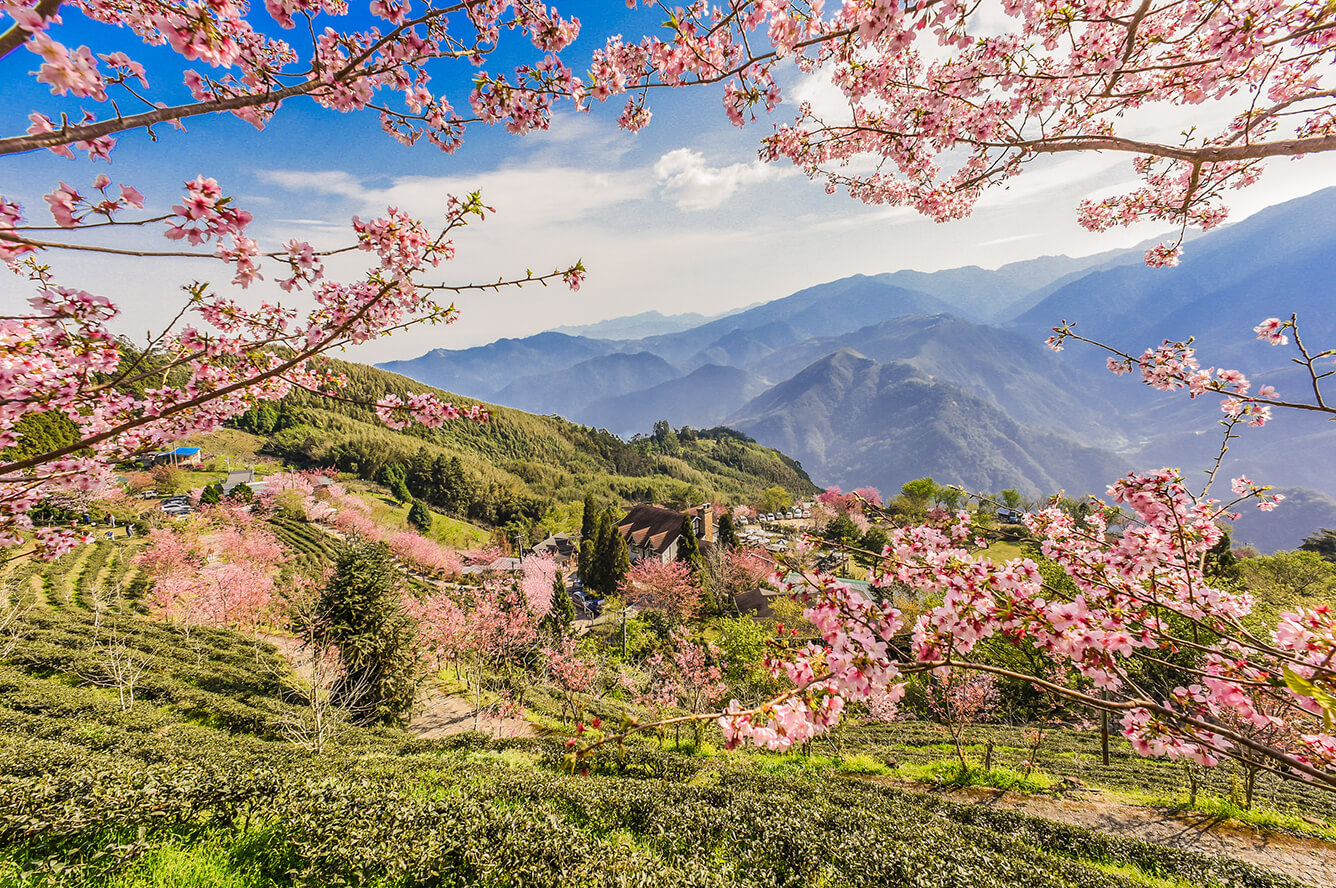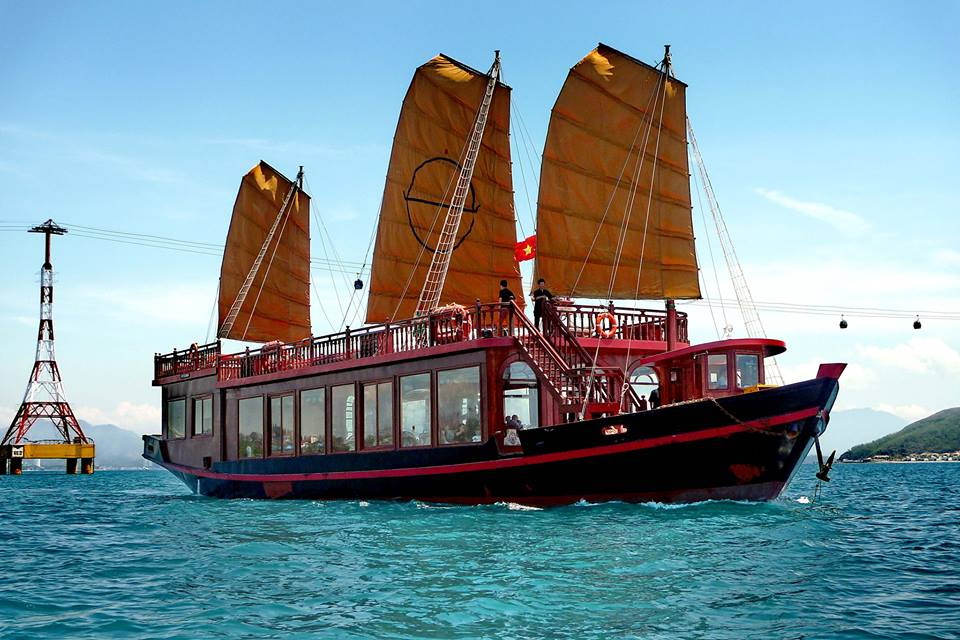Great Barrier Reef System
Requiring no real introduction, the Great Barrier Reef has done an amazing job making a name for itself as one of the world’s best diving locations. As the world’s largest reef system, consisting of over 2,900 individual reefs stretching over 1,600 miles, it can be seen from outer space and is considered to be the world’s biggest structure to be made by living organisms. What makes the Great Barrier Reef an ideal diving location is not only its extremely diverse marine life, but also its warm clear waters and accessibility via liveaboards. Listed as a “World Heritage” Site since 1981, exploring this underwater giant means entering the homes of over 400 species of coral, 1,500 species of fish, 4,000 species of mollusks, 500 species of seaweed and 200 species of birds.
Barbados Barrier Reefs
As one of the leading tourist destinations in the Caribbean, this small island colony only spans 21 miles in length and about 14 miles in width. Take a trip beneath the Caribbean surface to have a peak at the vast and colorful marine life that lives in the deep abyss. Home to thousands of beautiful fishes, the barrier reefs located about ½-2 miles off the Barbados shore gives adventure seekers a chance to swim amongst Sea Horses, Frog Fish, Giant Sand Eels, and multitudes of other fascinating creatures. Venture out a bit further and you’ll find excellent sites for wreck diving. Two of the most popular sites for wreck diving are Carlisle Bay (with over 200 reported wrecks) and Folkestone Marine Park. With an average water temperature of 80 degrees and visibility ranges between 40 to 70 feet, Barbados offers some of the best diving opportunities for anyone seeking a unique underwater adventure.
Channel Islands of California
A chain of 8 islands off the coast of Southern California, the Channel Islands of California provides some of the best diving experiences in the Americas, which is probably why it is often dubbed, “the North American Galapagos.” The unique mixture of cold northern water and warm southern currents gives the Channel Islands some of the most extraordinary, endemic marine life, unlike anywhere else in the world. A dive into the wildlife living in the waters of the Channel Islands means that you’ll be able to see the unique fauna of the Island Fox, the Channel Islands Spotted Skunk, the Island Scrub Jay, the Ashy Storm-petrel, the Island Fence Lizard, the Island Night Lizard, the San Clemente Goat, and other marine animals native only to this region of the world. It really is a diving experience you’ll find nowhere else in the world, just a little off the coast of the beautiful coast of Southern California.
Hawaii Islands
Hawaii vacations are truly incomplete if you don’t take the time out to explore the marine life of the Pacific Ocean that surrounds the beautiful islands of Hawaii. As one of the largest marine reserves in the United States, diving here will give you a chance to see the 25% of sea creatures living in the Pacific that are endemic (or unique)to the Hawaiian Islands. Composed of 132 islands, a vacation to Hawaii will give you an opportunity to explore live craters, hike through rain forests, dive deep into the Pacific, learn about the Hawaiian history, pay tribute at Pearl Harbor, and most importantly, find yourself in an island oasis beneath and sparkling Hawaiian sun. With warm waters year round, the waters surrounding Hawaii is ideal for underwater adventures for both advanced and beginner divers.
Micronesia
Micronesia is a name given to two thousand tiny, tropical islands scattered over 3 million square miles of the Pacific, Micronesia is one of the best places to take your next diving adventure. The various islands that are part of Micronesia are geographically, culturally, and naturally diverse—not just of the natives that reside on the island, but the wildlife that populates both the island and the waters surrounding the islands. Those looking for pristine and clear waters will not find a place better than Micronesia. If you have an eye for seeking out wrecks, Micronesia is also renowned for ship wreck adventures. Choosing an island to dive from may be difficult, but each of the 8 main groups of islands have unique features to their diving adventures; and honestly, you couldn’t go wrong with any.
Mayan Riviera Dive Locations
Located parallel to the Caribbean coastline of Mexico, the Mayan Riviera features reef formations of the Mesoamerican Barrier Reef System, considered to the second longest in the world. Here, divers can have a chance to swim through sinkhole collapses to see the formation of the carbonate caves due to the harmonious blend of fresh and salt waters, unique to this region of the world. And to pique your interests further, the Mayan Riviera’s unique combination of fresh and salt water environment offers you the chance to see fresh water creatures swimming on top of the salty water floods. Explore Rio Secreto while you’re there and see an underground labyrinth formed by extremely old geological processes.
Source Touropia

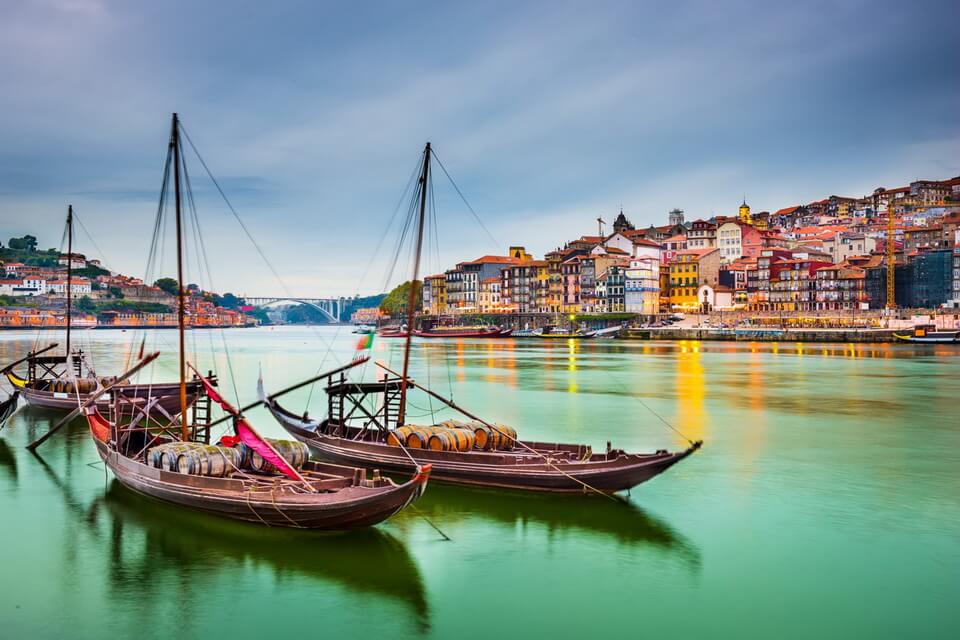
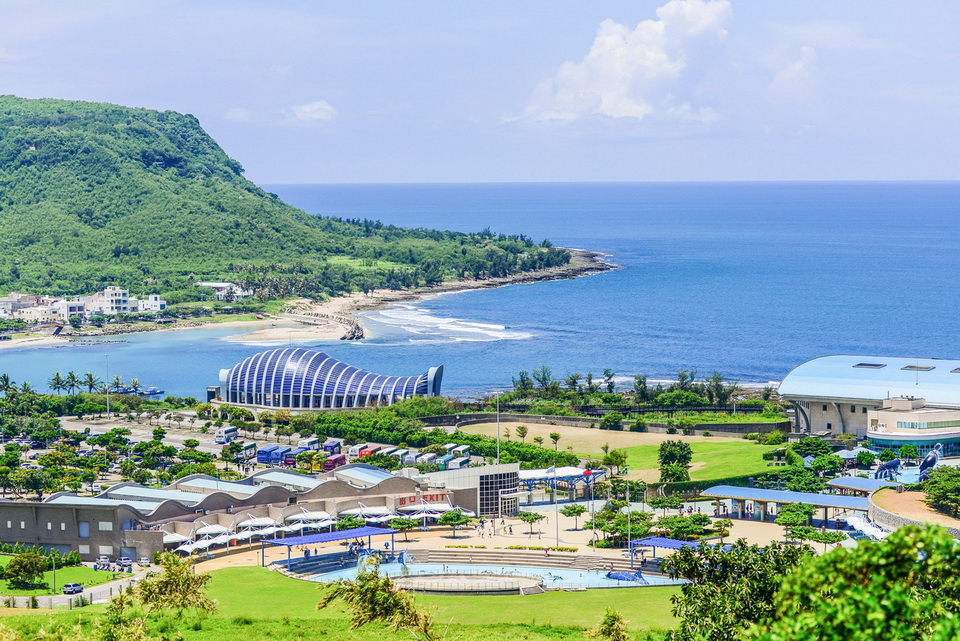
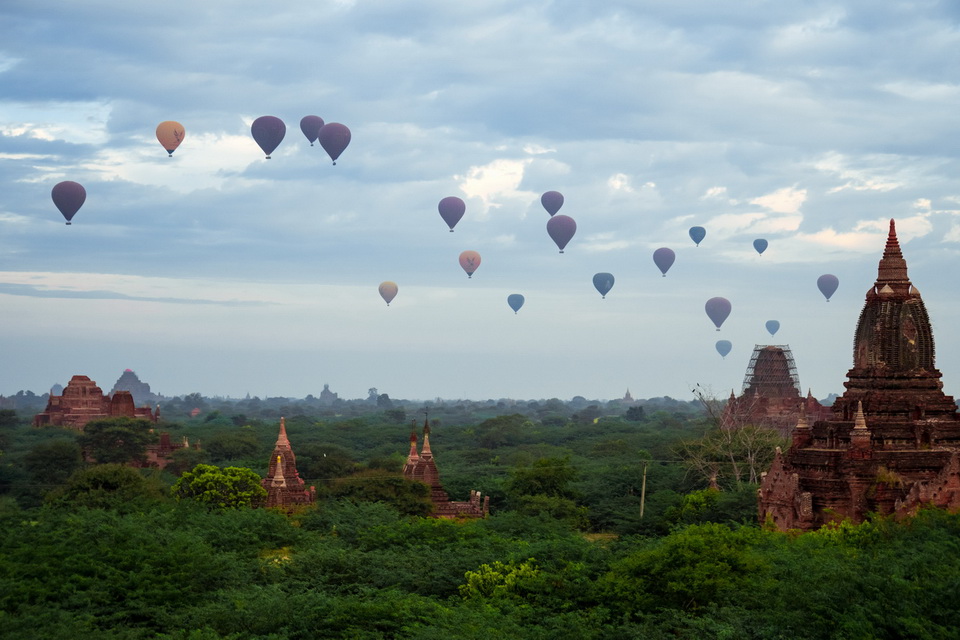







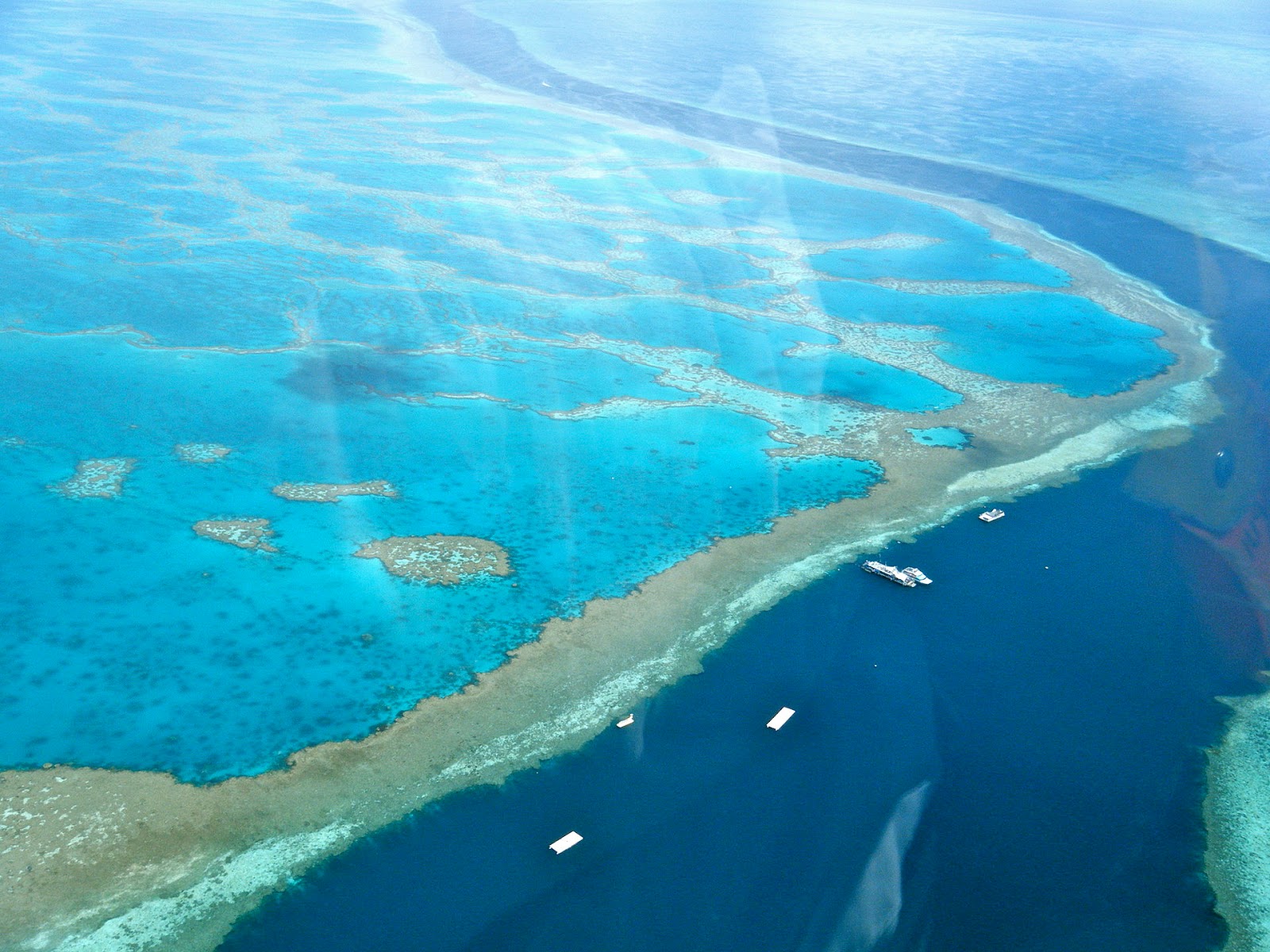
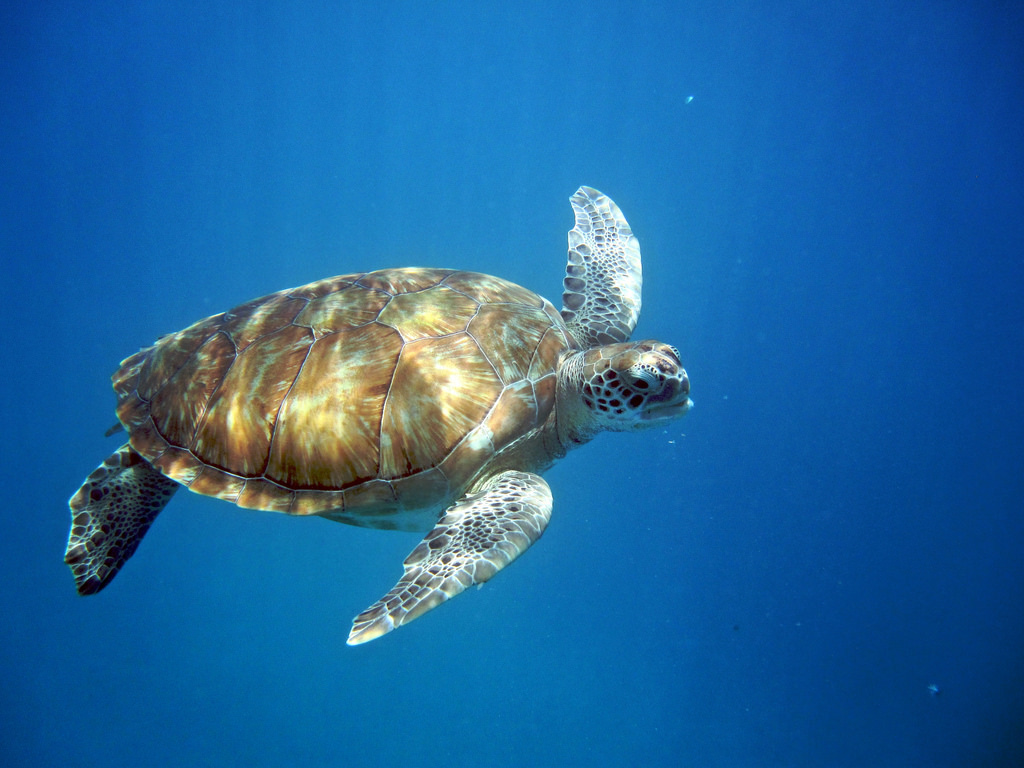
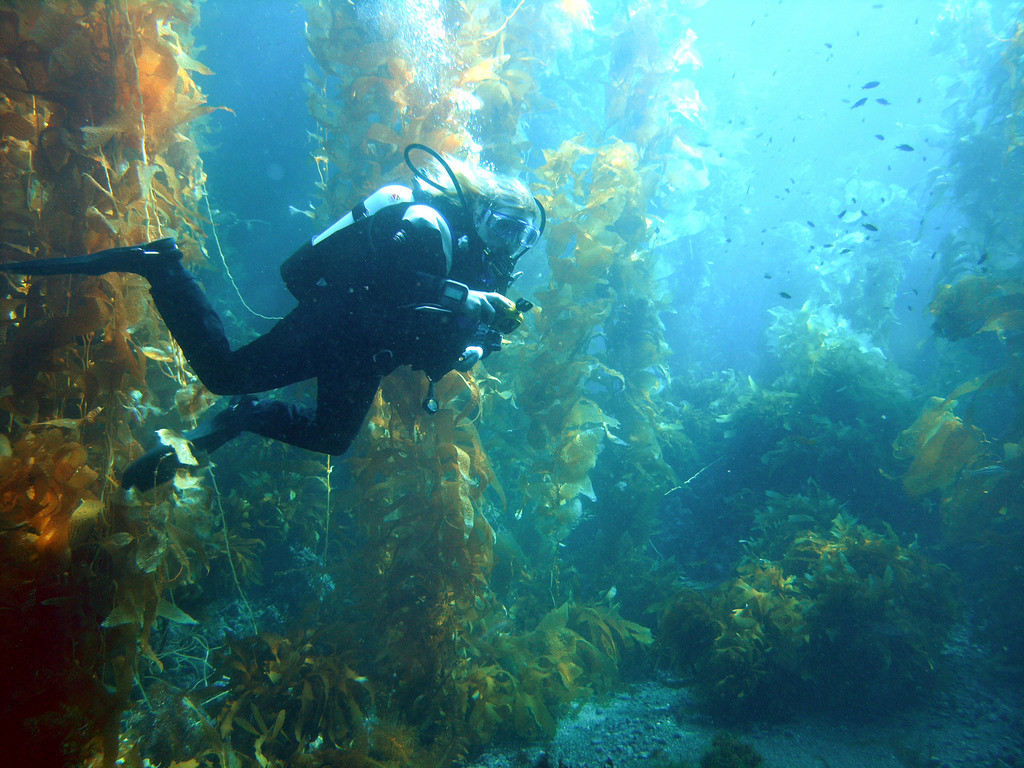
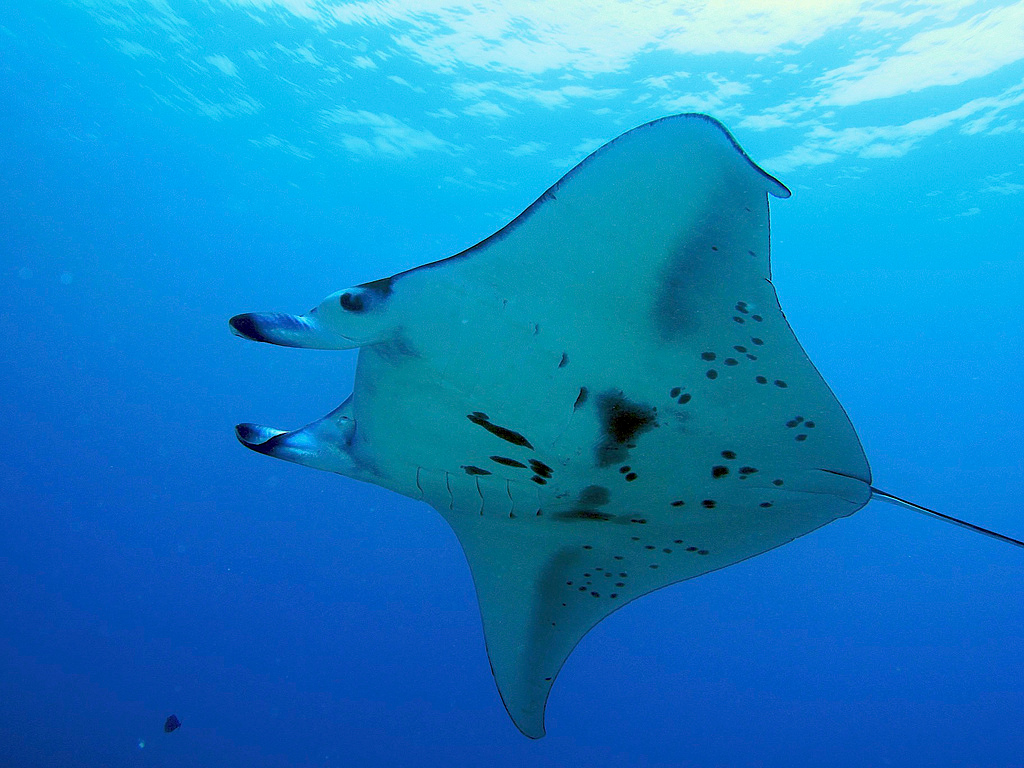
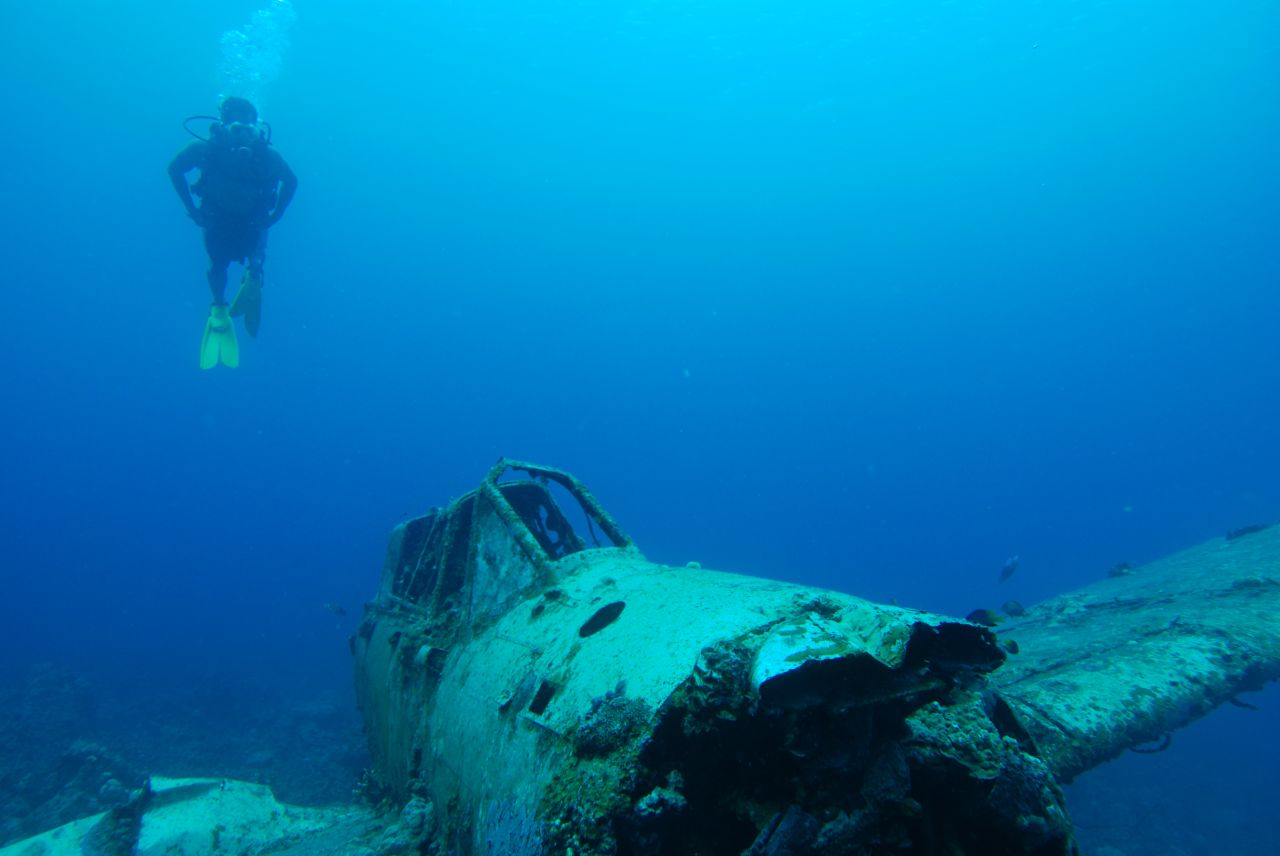
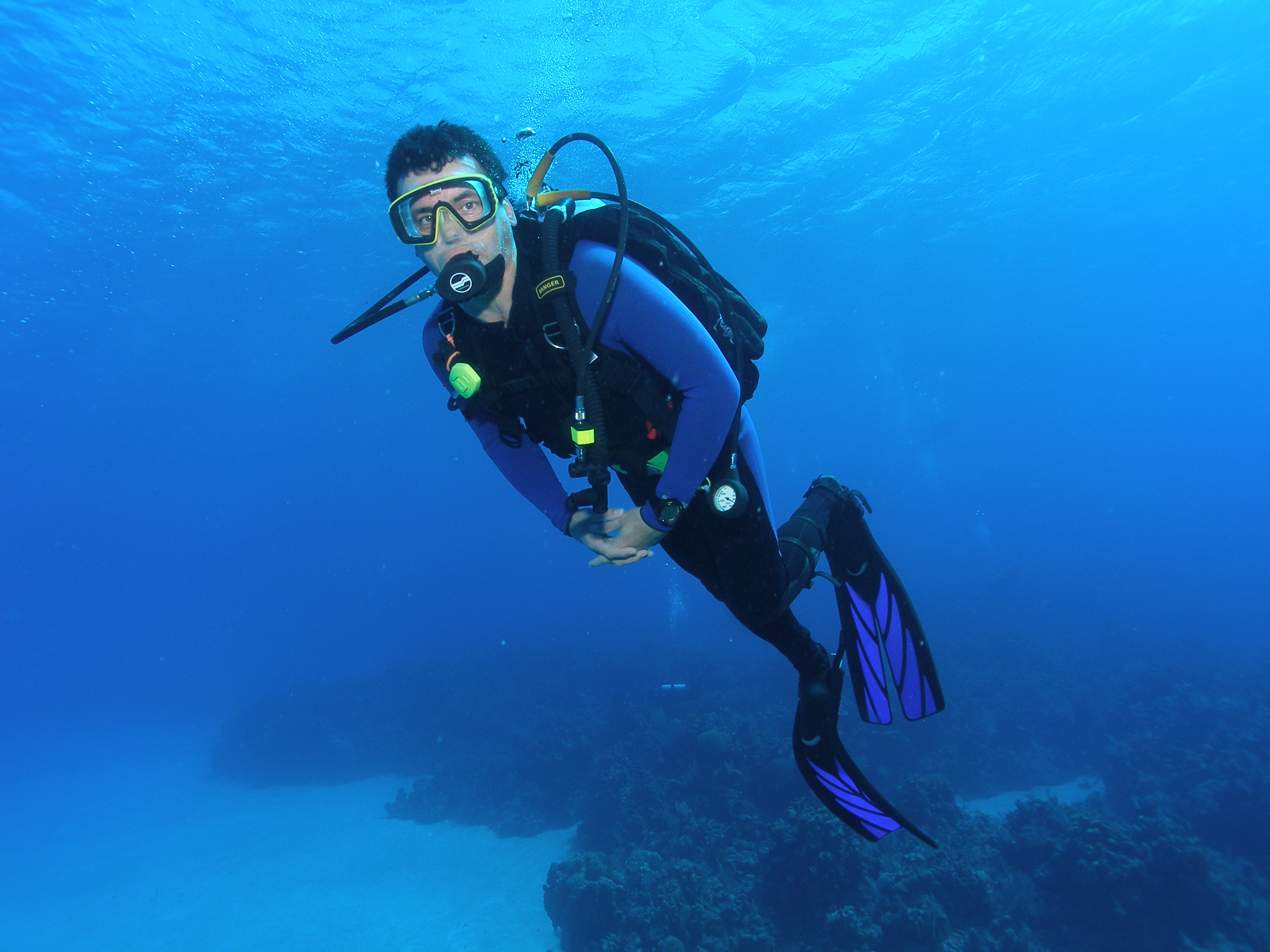
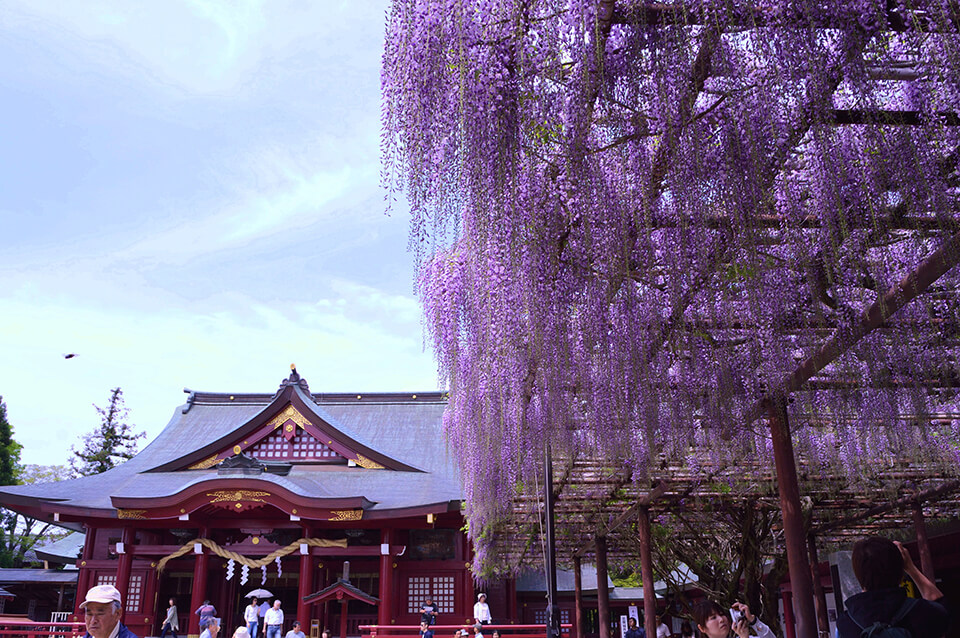

 (1).jpg)
